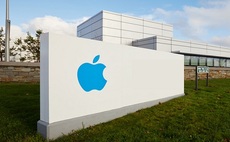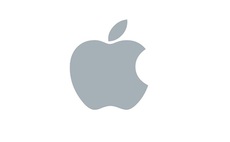IDC says there is a gap between workers wanting to use their own devices, and employers' ability to support them
Employees are increasingly bringing their own devices to work, but IT departments are mostly unwilling or unable to support them, according to research from IDC. The research, funded by IT servi...
To continue reading this article...
Join Computing
- Unlimited access to real-time news, analysis and opinion from the technology industry
- Receive important and breaking news in our daily newsletter
- Be the first to hear about our events and awards programmes
- Join live member only interviews with IT leaders at the ‘IT Lounge’; your chance to ask your burning tech questions and have them answered
- Access to the Computing Delta hub providing market intelligence and research
- Receive our members-only newsletter with exclusive opinion pieces from senior IT Leaders























